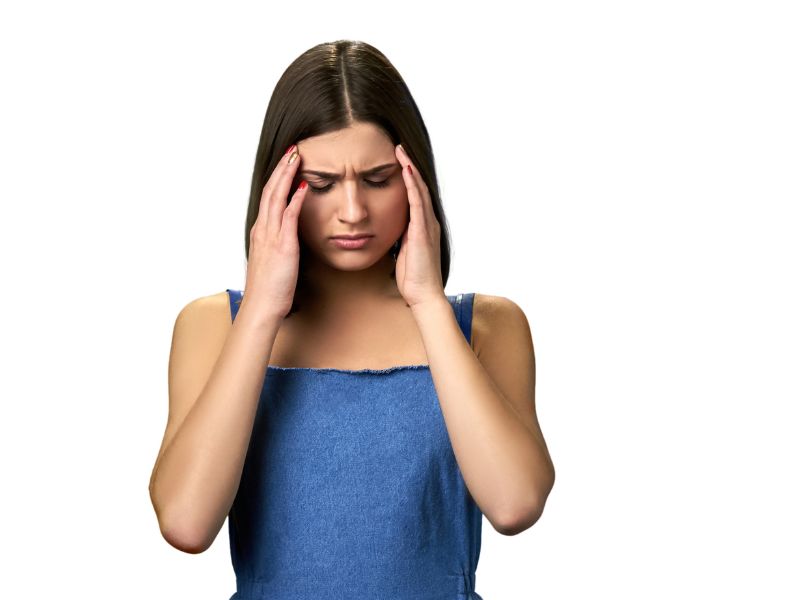Perhaps you have just started to feel a throbbing, debilitating pain that is unlike any headache you have had before, and you are concerned. What should you do?
Migraines are very common. However, there are some treatments available to bring you relief.
At Virgin Islands Neurology, we have helped many understand their migraine diagnosis, provided treatment, and showed them how to avoid their triggers. We can do the same for you! Schedule an appointment at our U.S. Virgin Islands office today!

A migraine is a common neurological disease that can cause debilitating throbbing and pulsing headaches on one side of your head. They can last for hours, sometimes even days. Migraines can be accompanied by other symptoms, such as nausea and sensitivity to light.
Headaches can be divided into two categories:

Below you will find a list of some of the most common types of migraine headaches.
The primary symptom of a migraine is a headache.
There are four different phases of migraines with varying symptoms. Keep in mind you may not always go through every phase each time you have a migraine. These phases and symptoms are as follows:
The cause of migraine headaches is complicated and not fully understood. However, genetics and your environment can play a role.
Migraines can be triggered by a variety of factors. Common triggers include:
Other possible triggers could include:
While migraine headaches cannot be cured, the good news is that they can be managed. Specialists use two main treatment approaches, which include the use of medications. They are as follows:
For some who have mild to moderate migraines, over-the-counter medications have been effective in helping them find relief. There are three over-the-counter products that have been approved by the FDA for migraine headaches, and they are as follows:
Prescription drugs may also be prescribed for migraine headaches and include:
Other medications that can help relieve migraine discomfort include:
You can take active steps that may help reduce the frequency and intensity of your migraines. These steps include:
Schedule an appointment with Virgin Islands Neurology today for migraine treatment. Our expert doctors in the U.S. Virgin Islands specialize in headache disorders. So, whether you have an episodic migraine or acute migraine headaches, we can help!

Schedule an Appointment
Address
Hours